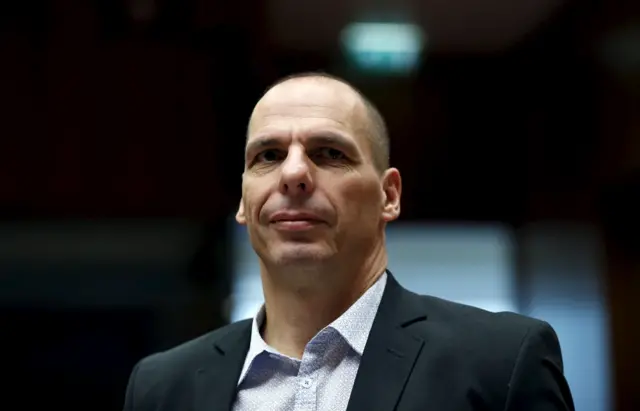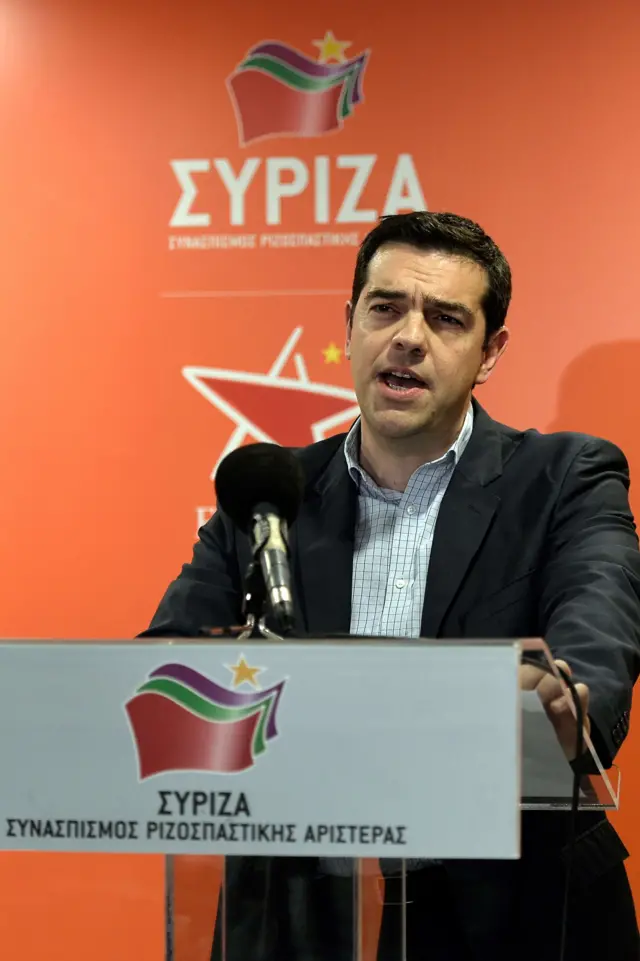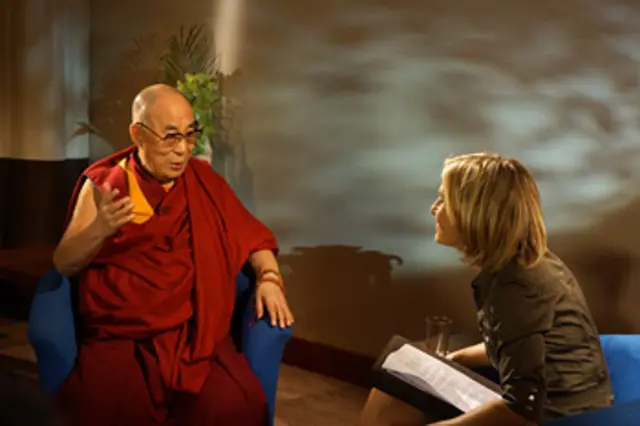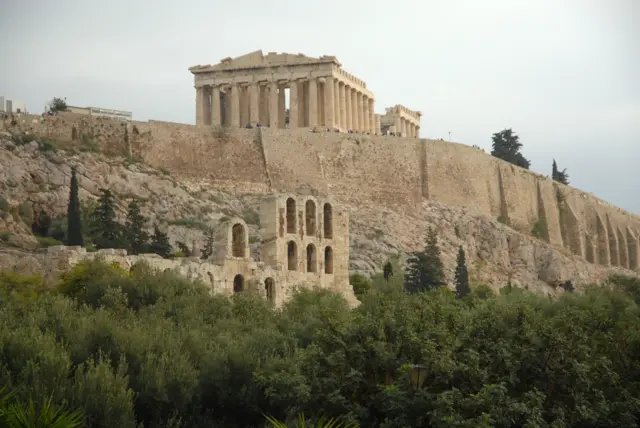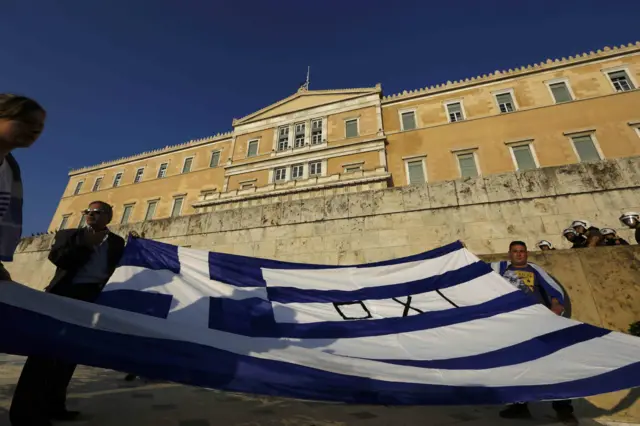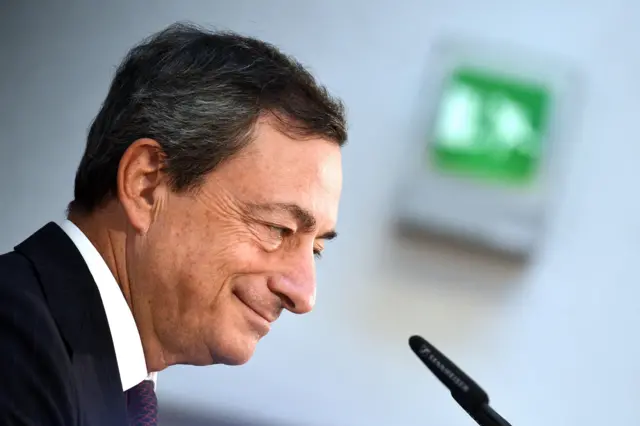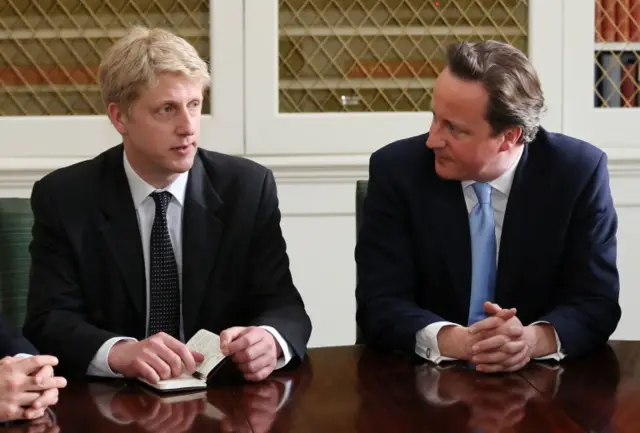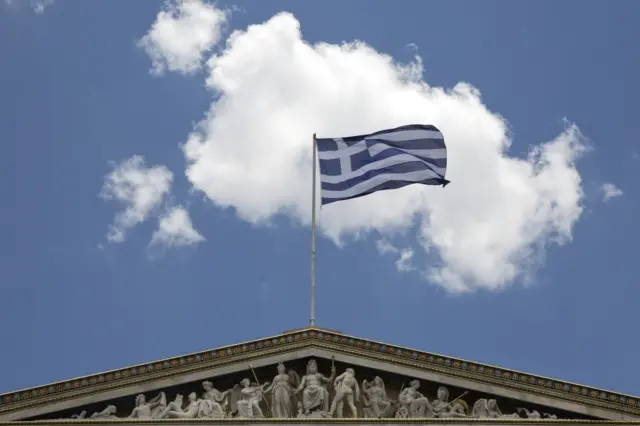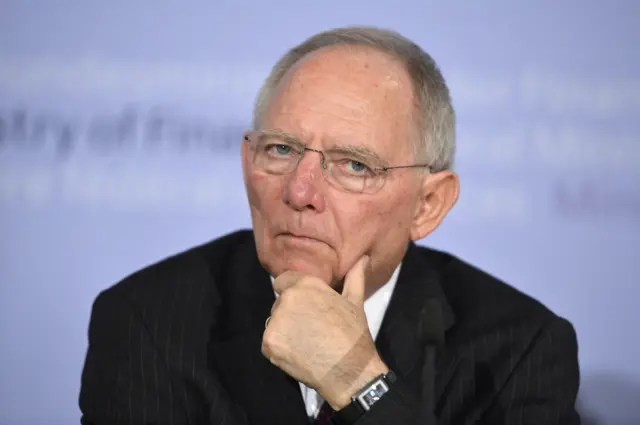Sue Lloyd Roberts finds a donorpublished at 11:45
James Clayton, Newsnight Political producer
The award winning Newsnight and ITV journalist, Sue Lloyd Roberts has found a stem cell donor. Sue has an aggressive form of leukaemia. Sue said: “I was on a filming assignment in Westminster Abbey earlier this week and I thought I’d light a candle while I was there. Almost immediately afterwards, my phone went "ping" and it was an email from the hospital, telling me that there was a matching donor who was available to donate right away..."
Sue added: "The donor, whoever it is, has come to my rescue just in time because I need to have the transplant before I slip out of remission. If the news had come any later or they’d not been available so quickly, it’s very likely I would have become too unwell to go through with the transplant.”
BBC Director-General, Lord Hall last month opened up the BBC to the Anthony Nolan Trust to allow people to join the stem cell register.
Sue expressed her thanks:“I am so grateful to everyone who signed up to the Anthony Nolan register after hearing my story, and to all my friends and colleagues for their support. Because of them, lives will be saved.”
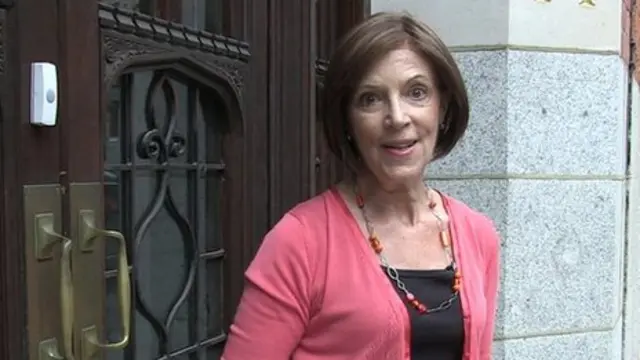
Sue Lloyd Roberts

